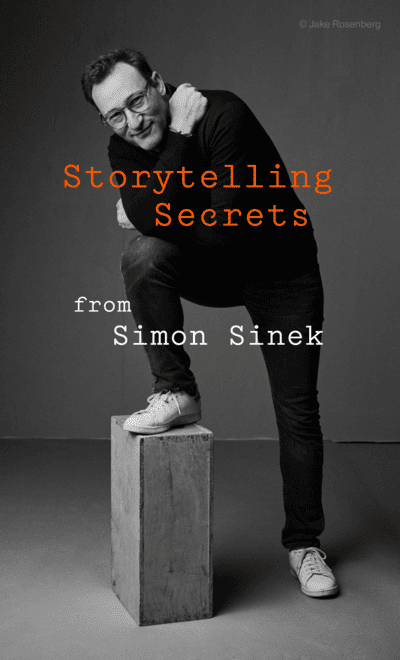“What’s the best approach when someone else takes credit for my ideas in meetings?”
That’s the question an Optimism Library subscriber sent us, and it’s one that hits close to home for anyone who’s ever shared a brilliant insight on Tuesday only to hear it presented as someone else’s brainchild by Thursday.
We brought this frustrating scenario to Simon, and his response started with an unexpected perspective check.
“It’s not always the case that someone stole your idea,” Simon said. He’s been on both sides of this equation. “Sometimes somebody starts an idea and somebody builds upon an idea, and so who owns the idea—the person who originated it or the person who made it better?”
Simon shared his own experiences with idea ownership confusion. “I’ve definitely been in meetings where somebody has stolen my idea, at least that’s what I thought,” he said. But he’s also experienced the flip side: “I’ve had it the other way around, like someone’s like, ‘That’s my idea.’ I’m like, no, you gave me a shitty idea. I made it a good idea, the new idea is my idea.”
The point? Not every case of perceived idea theft is actually theft.
Step 1: Determine If It’s a Pattern
“If it’s a one-off thing, I would let it go, to be honest with you,” Simon said. We all misspeak sometimes, and creating conflict over a single incident might backfire.
The key is watching for patterns. Does this person consistently say “I” instead of acknowledging team contributions? If you’re seeing a trend, that’s when action becomes necessary. “If you see that it’s a recurring pattern where they say ‘I’ instead of ‘I built on Simon’s idea’ or ‘Hey, the team came up with it,’ it’s a recurring pattern,” Simon said.
Step 2: Use the FBI Method for Private Confrontation
When a pattern emerges, Simon recommends a private conversation using what he calls the FBI method—Feeling, Behavior, Impact.
“The behavior has to be really, really, really specific,” Simon said. Skip generalizations like “You always steal my ideas.” Instead, he suggests something like: “On Thursday in the meeting, that was something I gave you and I showed you the PowerPoint of my idea, and you took it as your own. You changed my name to your name.”
Then explain the impact: “If that continues, it’s gonna destroy morale.”
“This is one of the reasons we teach effective confrontation,” Simon said.
Step 3: Master the Subtle Meeting Redirect
For less severe situations, Simon has a clever in-meeting technique that acknowledges the contribution while reclaiming some credit.
“Love what you’ve done with my idea, Julie, so great. You took my crappy idea and you made it so good. So I just want to give a shoutout to Julie, freaking great thinking,” Simon said.
This approach accomplishes multiple things: “You’re letting that person shine in the meeting and you managed to subtly get in that you were involved, so if there’s somebody in the room that you need to know, they’ll know,” he said.
Simon also suggested another variation: “Oh, I just want to give a shoutout to Stacey. We had this conversation on Thursday and like I shared this kernel of a bad idea and what you’ve done with it is absolutely incredible.”
His final warning resonates: “Be very careful about being the aggressor, because sometimes you get it wrong or sometimes it’s the wrong thing and then you’ll end up making yourself look bad.”
The takeaway? Not every idea dispute requires confrontation, but when patterns emerge, having these tools helps you navigate the situation professionally.
Facing a challenge at work? Maybe Simon can help. As an Optimism Library subscriber, you’re invited to our exclusive quarterly Live Q&A sessions where you can ask Simon your questions directly.












